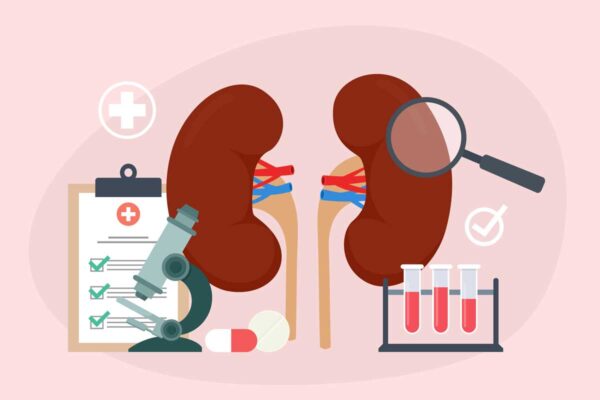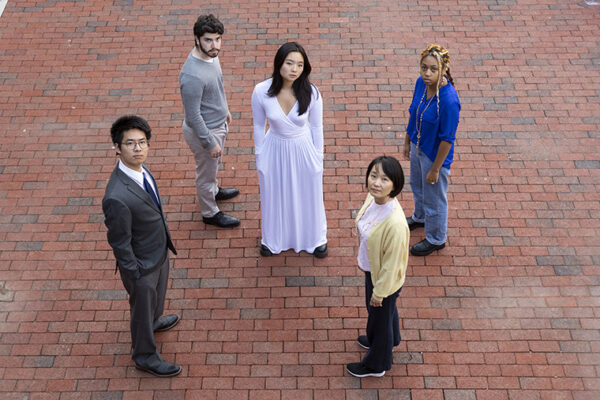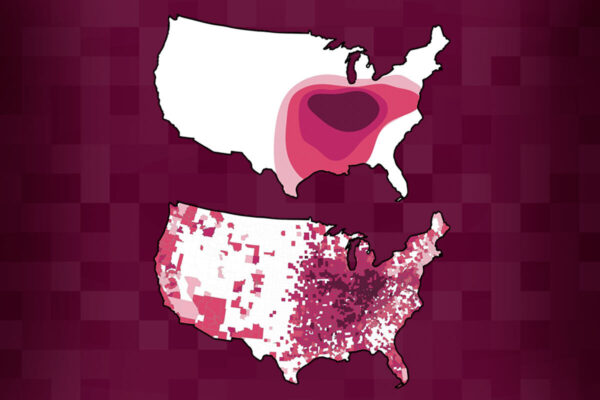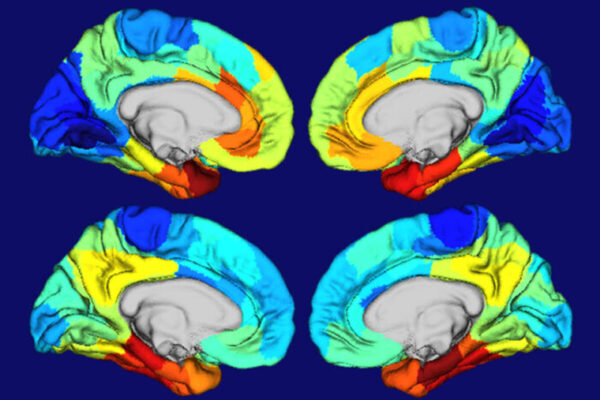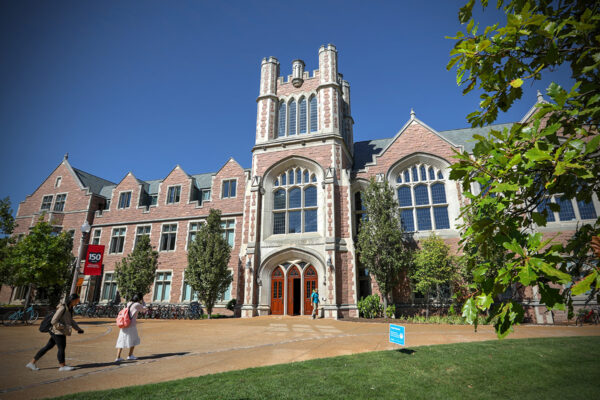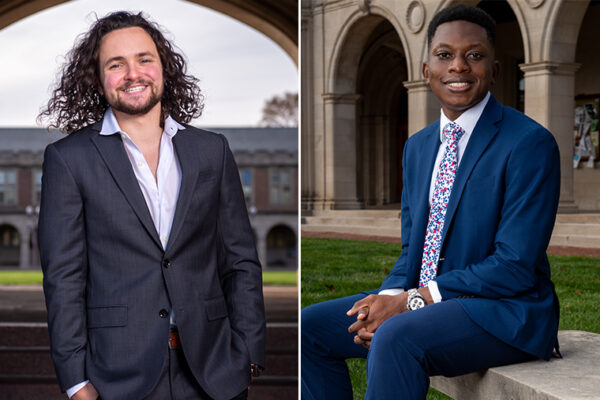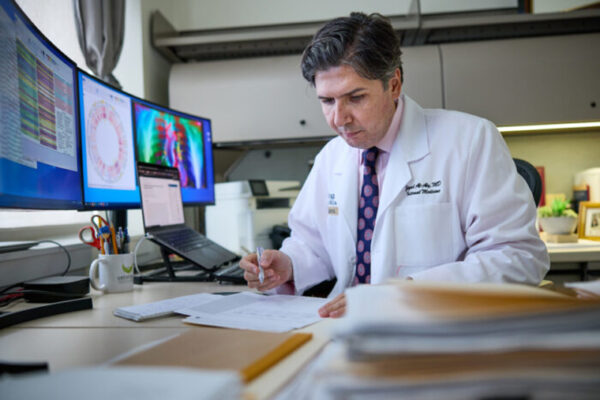Pediatric Center of Excellence in Nephrology established with NIH funding
School of Medicine physician-scientists have received an NIH grant to establish a Pediatric Center of Excellence in Nephrology. The researchers aim to create high-definition molecular reference maps showing genetic details of normal and diseased kidneys during various stages of childhood growth and development.
Performing Arts Department presents US premiere of Hsu Yen Ling’s ‘The Dust’
In “The Dust,” Taiwanese playwright Hsu Yen Ling combines six short, genre-bending scenes that together explore “the instant of explosion.” From Nov. 17-20, the Performing Arts Department in Arts & Sciences will present the U.S. premiere of “The Dust,” in a new translation by alumna Annelise Finegan.
Lung infections caused by soil fungi are a problem nationwide
School of Medicine researchers discovered that the three main kinds of soil fungi that cause lung infections have all expanded their ranges in recent decades. Reliance on outdated maps could be causing delayed or missed diagnoses.
Study yields clues to why Alzheimer’s disease damages certain parts of the brain
A study by researchers at Washington University School of Medicine yields clues to why certain parts of the brain are particularly vulnerable to Alzheimer’s damage. It comes down to the gene APOE, the greatest genetic risk factor for Alzheimer’s disease.
School of Law announces tuition-free legal education for students from low-income households
Washington University School of Law in St. Louis will offer full-tuition scholarships for admitted JD students whose family’s income is less than 200% of the federal poverty level, announced Russell K. Osgood, dean of the School of Law.
West must grasp Putin’s worldview to avoid further surprise
In the rapidly changing conflict in Ukraine, Russian national narratives offer insight into President Vladimir Putin’s next move, says James Wertsch, an expert on Russia and international affairs.
Norwitz, Oyetunji were Rhodes Scholar finalists
Seniors Sam Norwitz and Ephraim Oyetunji, both majoring in neuroscience in Arts & Sciences, were finalists for the Rhodes Scholarship, one of the world’s most prestigious academic honors.
Suicide prevention training teaches users to recognize, respond to suicidal behavior
QPR training, a nationally recognized suicide prevention program, is now available to all students, faculty and staff at Washington University. Kirk Dougher, associate vice chancellor for student support and wellness, likens QPR to CPR — an emergency response that saves lives.
COVID-19 widened health disparities in employment, food
A deep dive by researchers at Washington University School of Medicine and the Brown School found gaping health disparities resulting from the COVID-19 pandemic. The study, which looked at St. Louis County residents, shows that Black women suffered disproportionately higher rates of employment loss and food insecurity.
Repeat COVID-19 infections increase risk of organ failure, death
A new study from Washington University School of Medicine and the Veterans Affairs St. Louis Health Care system found that repeat SARS-CoV-2 infections contribute significant additional risk of adverse health conditions in multiple organ systems.
View More Stories
